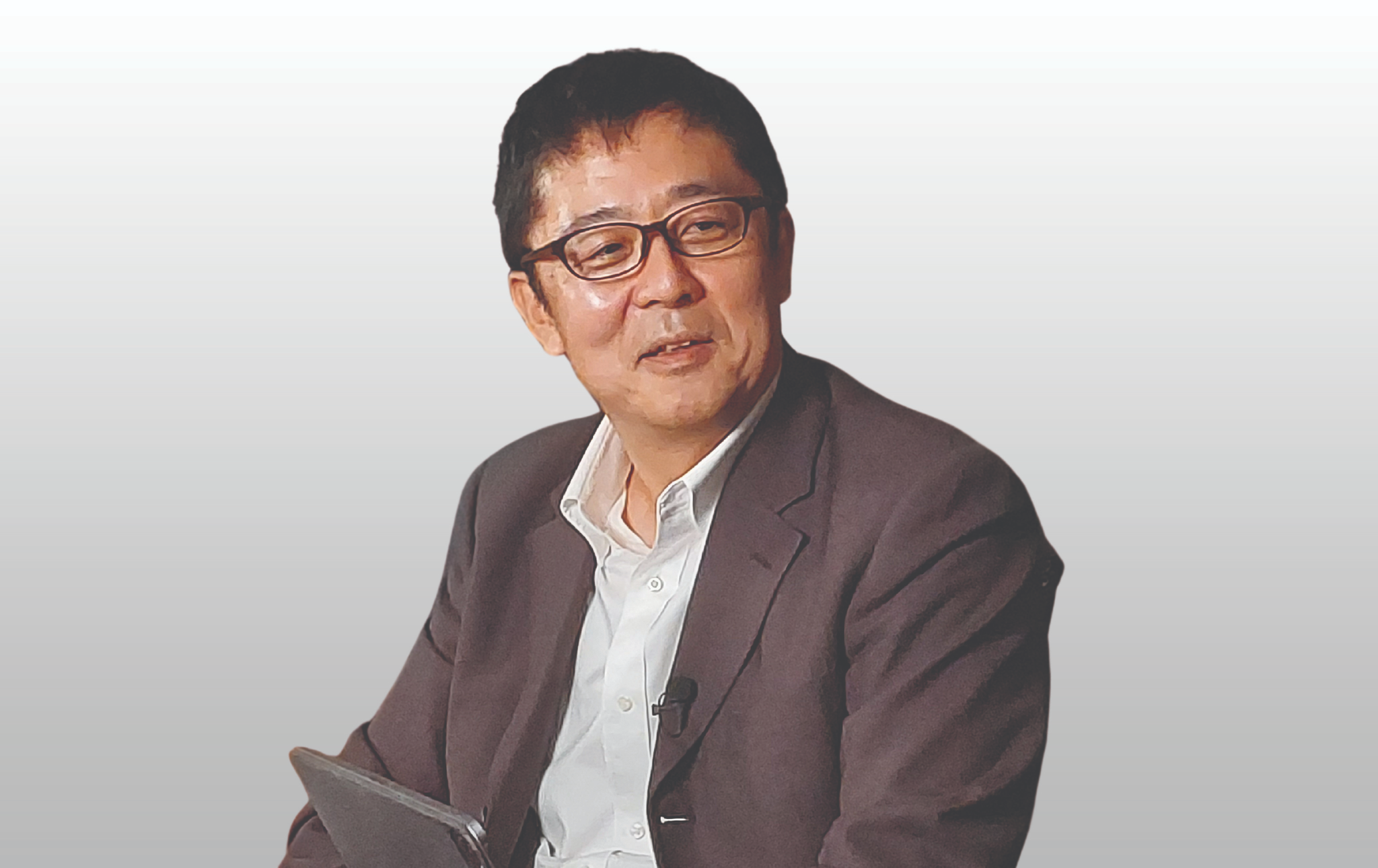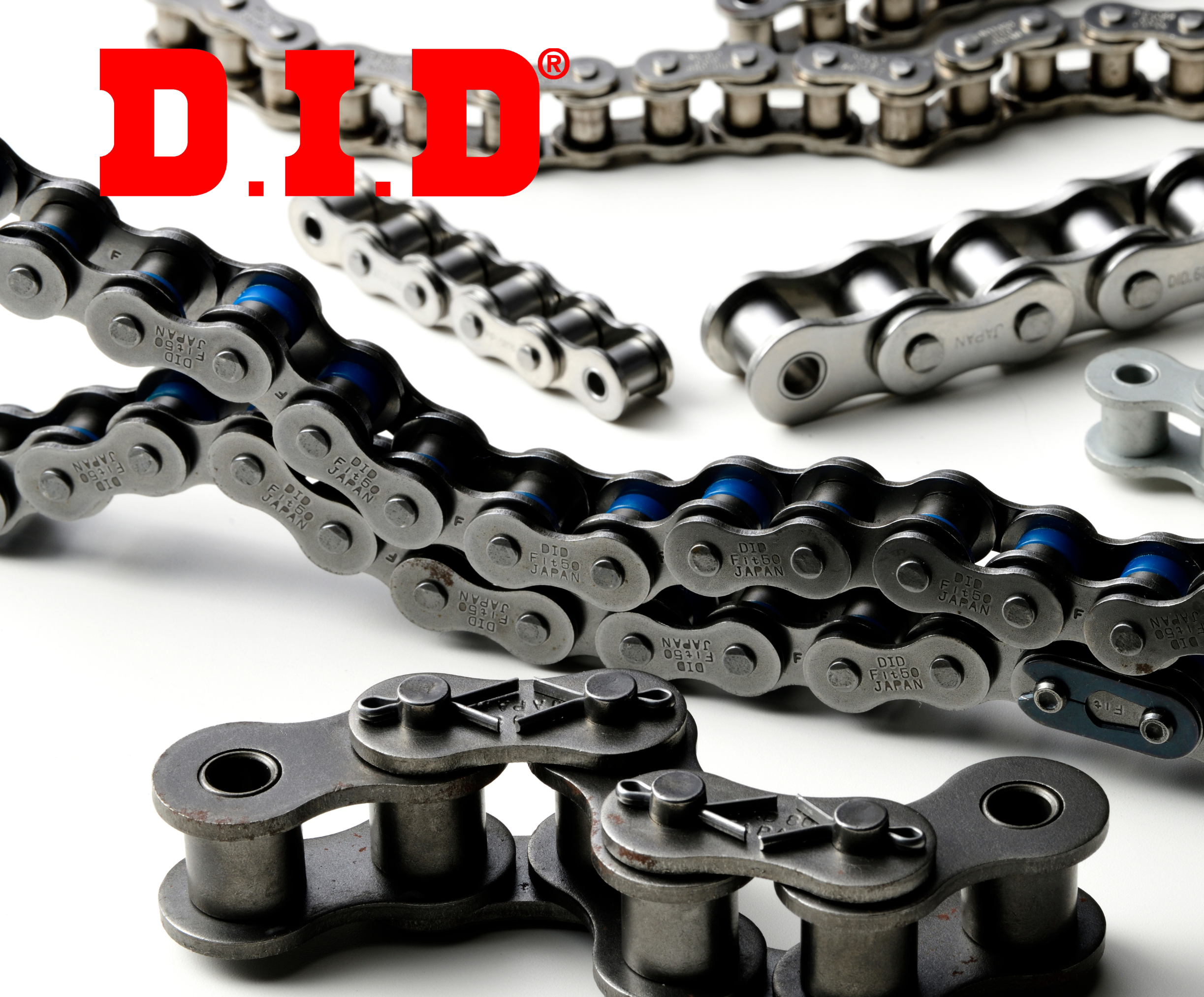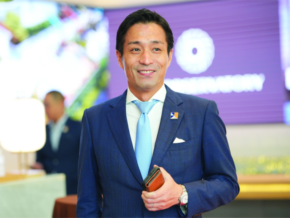Business Talk with Mr. Shinichiro Uemura, Lawyer, Momoo, Matsuo & Namba Law Offices
From Law to Cross-Border Synergy, and into the Future: Momoo, Matsuo & Namba Law Offices’ Legal Strategy Bridging Japan and the Philippines

Partner and leader of Momoo, Matsuo & Namba Law Offices Mr. Shinichiro Uemura
Since 1989, Momo-o, Matsuo & Namba Law Offices has built its reputation as a highly specialized legal firm in Japan. In 2015, it became a pioneer among Japanese firms partnering with a Philippine law firm—Quasha Law—to better serve cross-border legal matters and support Japanese businesses entering the Philippines. We sat down with Mr. Shinichiro Uemura, Partner and leader of the Japan-Desk of Quasha Law, to hear about what Japanese businesspeople need to know when operating in the Philippines—from legal differences to recent reforms and common pitfalls.
Philippine Primer:
What are the strengths of Momo-o, Matsuo & Namba Law Offices?
Mr. Uemura:
Since our establishment in 1989, we have grown from about seven lawyers to roughly sixty today, while maintaining our focus as a mid-sized but highly specialized law firm.
We have a strong track record across a wide range of fields including commercial transactions, M&A, antitrust law, intellectual property, labor law, and litigation/arbitration.
We are also the only Japanese law firm that is a member of the global legal network INTERLAW, enabling us to collaborate with independent firms worldwide and handle cross-border cases effectively.
Philippine Primer:
Q: How is your current status in the Philippines?
Mr. Uemura:
In 2015, we became the first Japanese law firm to establish a formal partnership with a Philippine firm.
As you may know, Japanese lawyers are not permitted to practice law within the Philippines. Therefore, reliable local partners are essential. We partnered with Quasha Ancheta Peña & Nolasco (now Quasha Law), one of the oldest and most respected firms in the country with over 75 years of experience. Quasha Law is a full-service firm covering real estate, inheritance/trust/family law, commercial and banking law, intellectual property, litigation, taxation, labor, maritime, and mining, and it is also the Philippine representative in INTERLAW.
My role is to organize consultations from Japanese companies, clearly explain differences between Japanese and Philippine law, and accurately hand over the matters requiring local action to Quasha Law. I manage the “front-end” and quality control, while Quasha Law handles local execution. This clear division of roles ensures Japanese companies can proceed with confidence.
Philippine Primer:
Could you explain the legal differences and key concerns between Japan and the Philippines, with case examples?
Mr. Uemura:
The first thing to keep in mind is time. Everything takes longer than in Japan—government procedures, or the implementation of new laws (which may wait for implementing rules for a long time). Many Japanese companies aiming to start operations by a specific fiscal deadline have seen plans disrupted due to these delays.
For example:
- M&A cases: Financial transparency can be weak. In one case, we found major flaws in a target company’s financial statements, making accurate risk assessment impossible and forcing a withdrawal from the acquisition.
- License transfers: Even seemingly simple procedures may be hindered by institutional restrictions and practical obstacles, causing delays or failures.
- Share transfers: Obtaining a “Transfer Permit” can require significant time and effort. Rushing without full preparation risks legal violations.
- Labor law: Dismissing employees after probation is extremely difficult. Any procedural misstep can be deemed illegal dismissal, leading to lawsuits. Employment contracts must be carefully designed with the exit strategy in mind.
- Labor unions: It is preferable to avoid union formation, but if a union is established, maintaining friendly, cooperative relations through frequent communication is key.
- Inheritance cases: In one matter, we discovered that the deceased had a child in the Philippines whose whereabouts could not be confirmed, making it impossible to identify all interested parties and halting proceedings.
These experiences underscore that applying Japanese assumptions in the Philippines is dangerous. One must work with a long-term perspective and plan for local institutional delays and complexities.
Philippine Primer:
Have there been recent changes in the legal and business environment?
Mr. Uemura:
There has been gradual improvement—administrative processes are faster, and digitalization such as electronic filing is progressing. While efficiency is not perfect, the overall legal infrastructure is steadily developing.
Demand for legal support in the Philippines will continue to grow. A key challenge for Japanese companies is the lack of a trustworthy contact point. Directly approaching a local law firm can lead to communication issues due to language and cultural differences.
This is where a Japanese law firm must act not only as a legal interpreter but also as a bridge, ensuring accurate understanding and quality control.
Our mission is to continue supporting clients so they can confidently pursue opportunities in the Philippines. I believe this is how Japanese law firms can truly demonstrate their value here and help build a brighter future for both countries.
Profile
Born in Yokohama, Kanagawa Prefecture, Mr. Shinichiro Uemura graduated from the University of Tokyo’s Faculty of Law in 1995 and soon after joined Mitsui & Co., Ltd. During his first year of employment, he successfully passed the bar examination and, in 1998, registered as a lawyer with the Dai-Ichi Tokyo Bar Association, joining Momo-o, Matsuo & Namba Law Offices. In 2002, he earned an LL.M. from New York University School of Law and was admitted to the New York State Bar the following year. By 2006, he had become a partner at Momo-o, Matsuo & Namba, and in 2015 he began leading the firm’s legal activities in the Philippines. Today, he provides extensive legal support in areas such as labor, arbitration, intellectual property, and IT, primarily serving Japanese companies seeking to navigate complex cross-border matters.
Hobbies: Golf; Recently, he began learning to play the folk guitar after hearing that using fingertips can help stimulate brain.
Motto: “One good deed a day.” Inspired by baseball star Shohei Ohtani’s idea that doing small good things—like picking up litter—brings good fortune.
For more information about Momoo, Matsuo & Namba Law Offices and Quasha Law,
visit www.mmn-law.gr.jp/en/index.html and www.quasha-interlaw.com/homepage/













